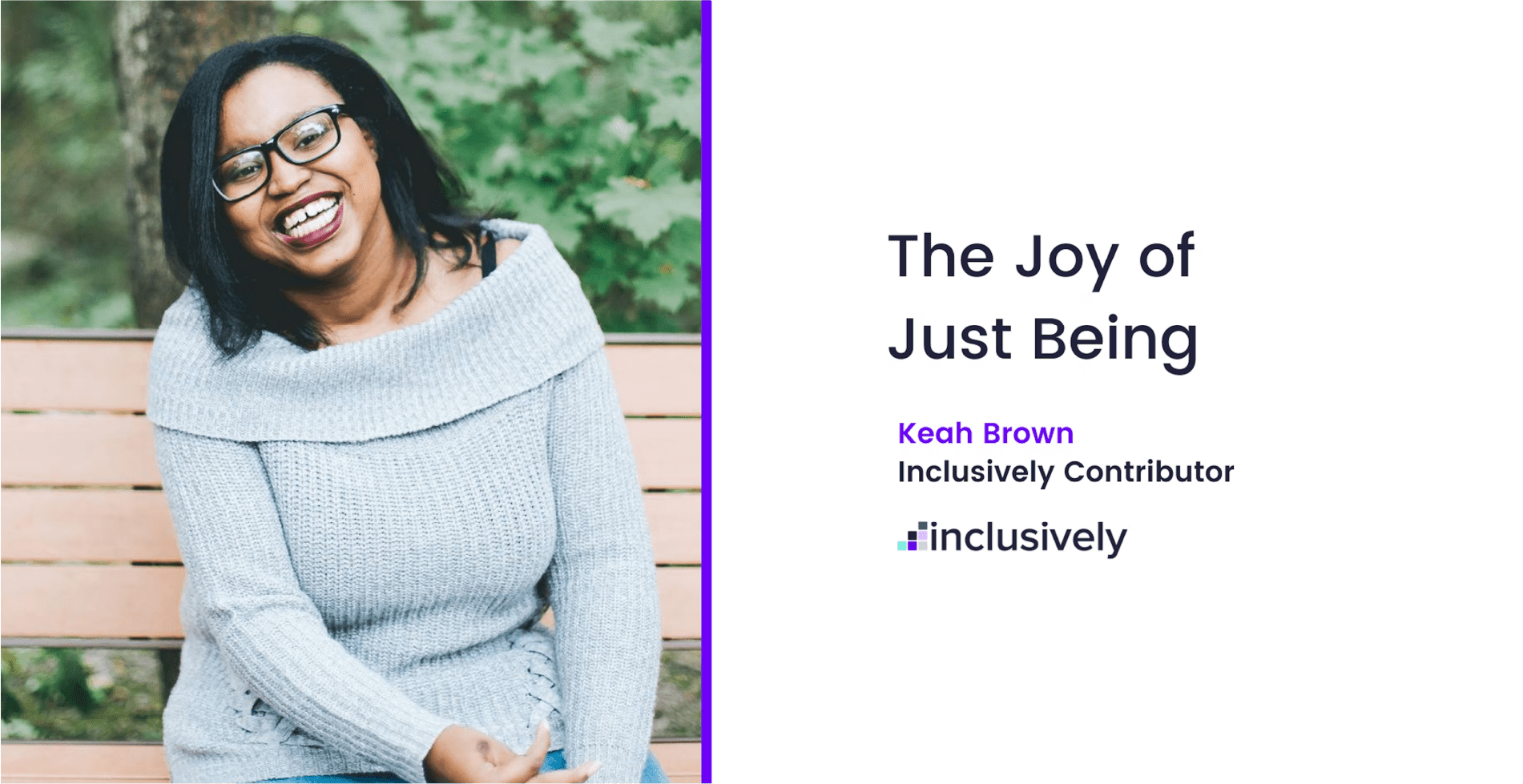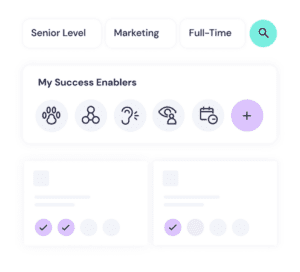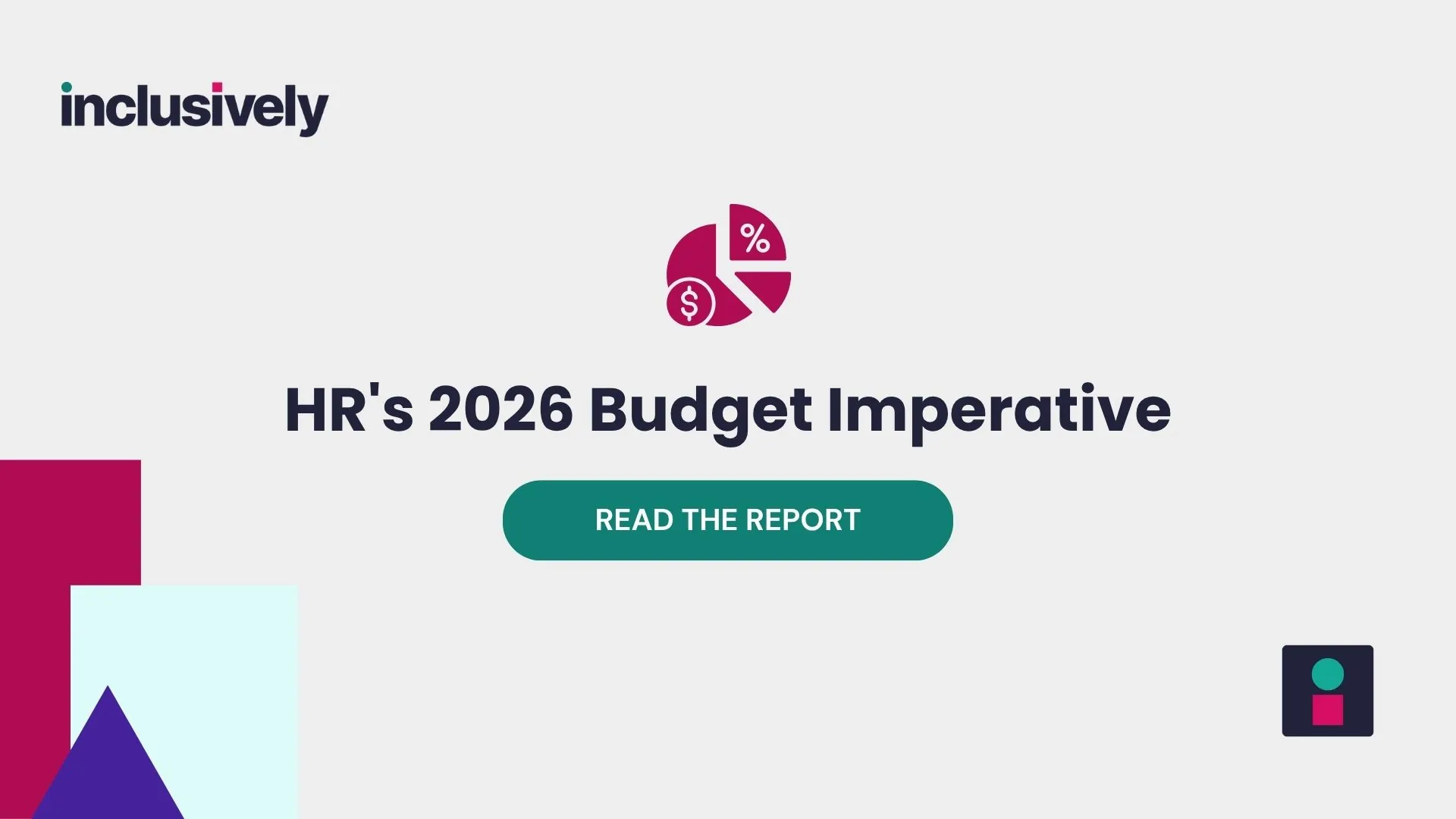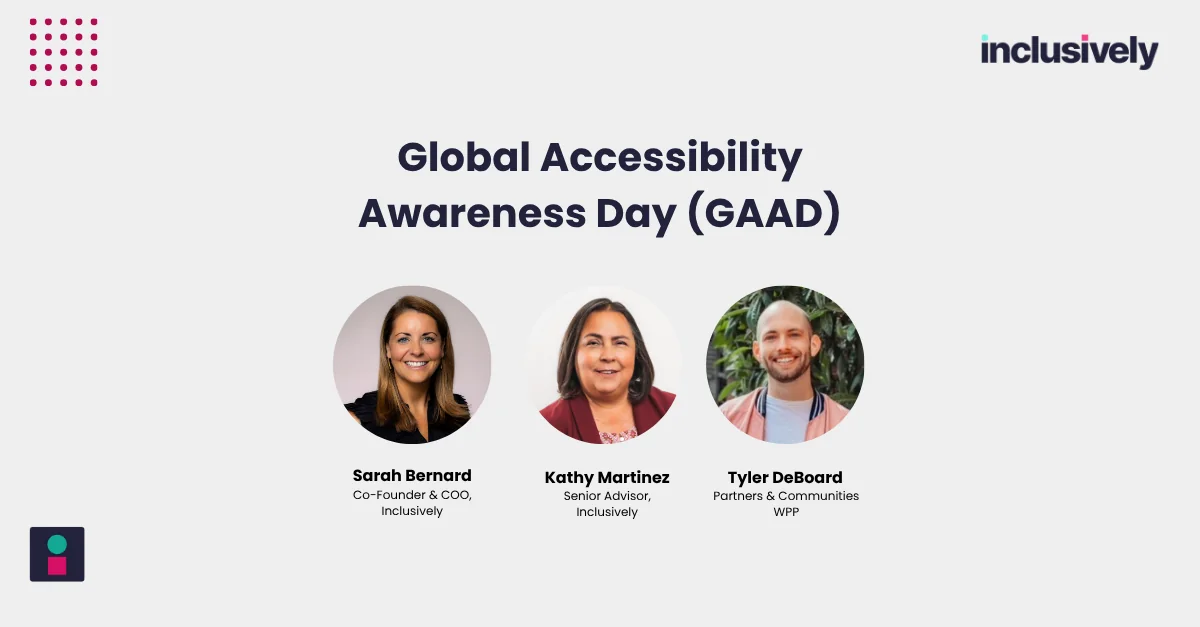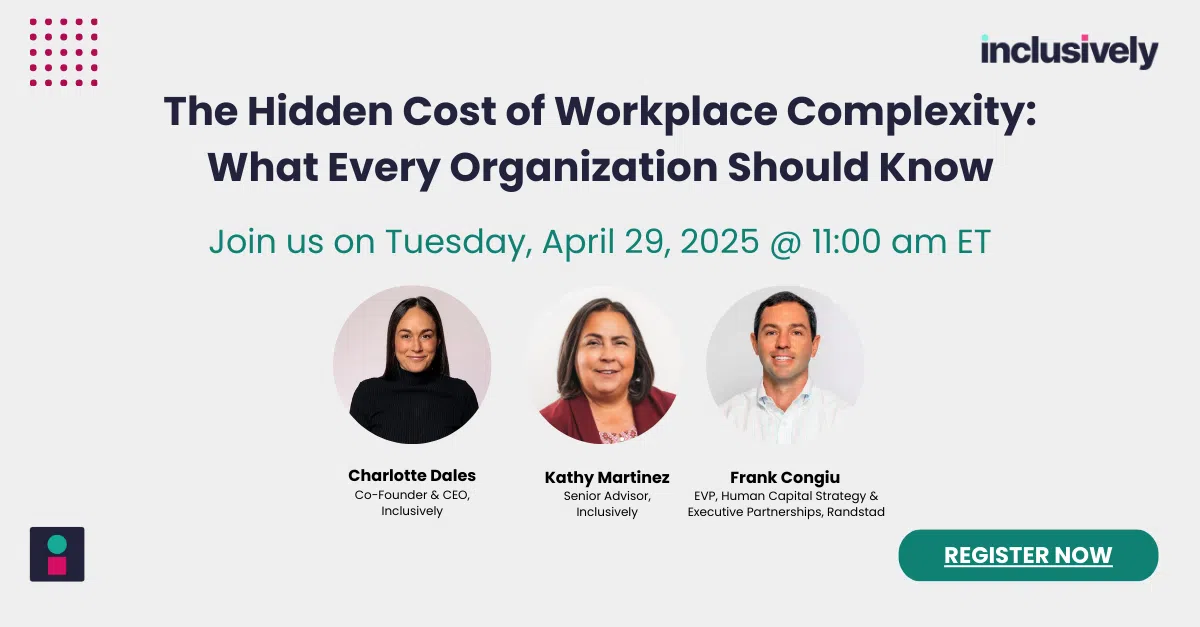In celebration of National Disability Employment Awareness Month, Keah Brown reflects on the importance of ‘just being’ and her own employment journey
I am exhausted. There is relief in putting that to the page because it is not often that as a Black disabled queer woman, I can admit as much freely. There is often the expectation that I remain strong and certain, poised and careful. I cannot raise my voice, cry, yell, argue, feel, or exist. The reality in which I live is one that asks me to be of service constantly. I must teach people what they don’t know about Blackness, womanhood, queerness, and disability. I do important work, I know that but sometimes, I feel like I am a commentating vending machine just spitting out facts that relate to my identities whenever anyone asks or demands I do so.
What that really looks like is imploring nondisabled people to remember that disability can happen to anyone at any time so if they can’t care about our access needs, they need to care because it is a concern for them, though this one I stopped doing years ago because I was tired of sounding like disability is a doomsday bunker scenario when it isn’t. I have been disabled all my life and it isn’t a prepare for the worst kind of life in the way that example implies. I am an author, studying actress, screenwriter, and freelance journalist who has written for multiple publications like Harper’s Bazaar, Teen Vogue, Allure, The New York Times, and Town and Country among others. It’s a brag but a humble one because I know that it isn’t possible for everyone to be able to work at all, especially disabled people.
The reason I freelance is because when I graduated college in 2013 with my degree in journalism that was the only option available to me. I applied for at least four jobs a day for weeks and either heard nothing or was ghosted by the companies as soon as I disclosed that I was disabled. I know you’re asking yourself isn’t that illegal? And the answer is yes but it did still happen to me and to countless others. So, I freelance because newsrooms didn’t want me and despite how it might sound, I’m not completely bitter. I love my job but as a multiply marginalized person, there is extra work that goes into it like being the aforementioned vending machine in actual written work and online when readers and strangers alike want further information or question my credibility.
The commentating vending machine looks like convincing disabled, queer, nonblack people that Black people exist in every aforementioned community and deserve to be heard, seen, and respected as such, it looks like telling them all that I am everything at once and refusing to parcel out pieces of myself for whatever best fits the communities at the time. I am Black all the time, queer all the time, disabled all the time, and a woman all the time. They all come into account when I am moving through the world, even if the world shifts what is relevant to them depending upon where I am within the world.
Why do I do it? Well, it’s not always because I want to. In fact, the further I move along in my career as an author, journalist, screenwriter, and studying actress, the less I feel the desire to do it at all. The urgency is still there though so here I am spitting out facts, sharing hard truths, and being as open as feels comfortable. I press myself into digestible pieces in the hopes that doing so will give me the room to just be later, to live in a world that doesn’t need me to pour out my trauma to see my humanity, to accommodate me in the way I deserve or give me the opportunity to tell stories that give us the full range of humanity I’m after off of the page.
Can I be honest with you about something? I don’t want to wait until later to ‘just be’ later. There has already been so much waiting from me and the other people in my shared communities. We have been waiting for weeks, months, years, lifetimes even. We have been told to wait our turn bide our time, the change for us is coming. But when? Without a concrete date my limbs have grown tired and it’s not just disability aches and pains. As I grow professionally and personally, I find that I want more and I should. The conclusion I’ve come to is that I want more for myself and I expect more of myself. The truth that escaped me for so long was that if I want to tell stories that dig deeper and have more fun, I’m the one who can. If I want to talk about pop culture and romcoms I have every right and ability to do so. Disability, blackness, womanhood, and queerness among other identities can be and are the lens through which I see the world, they don’t always have to be the subject or rather, I don’t always have to mine the pain that they come with in order to grow as a multi-hyphenate.
I had a birthday in September of this year, I turned thirty and as I step into this new decade of life, I have decided that I won’t wait to just be, I’ll be now and do the things I have been waiting to do no more waiting in favor of comforting everyone else, checking in to see if they are okay with my existence like an overbearing parent scared of what they may lose if they don’t. I am often scared that I’ll lose everything I have worked hard for, the books, the ability to freelance, the friendships, the professional relationships, the buds of possibility in film and tv if I stop sharing my deepest hurts in order to get bylines, encouragement, and opportunities. What I’m finding out is that I was wrong. The more I share a nuanced picture of myself, other people, and the worlds I create through books, articles, movies and tv, the more the world actually listens, the more specific I get the more my audience relates.
Now, the true task is making sure that the opportunities afforded to me can and will be afforded to other disabled people. I found employment by doing unpaid journalist internships at online publications to get some non-collegiate articles under my belt. I then used those to show editors that I could write when I pitched them article ideas. After establishing my journalism career, I began writing nonfiction and when I started I began by searching for open calls for essays. I wouldn’t say my method is foolproof but it worked out for me. The wonderful thing is the next person shouldn’t have to work so hard and with places like Inclusively, there is help and encouragement I wish I had when I needed it most.
We all have stories to tell and I firmly believe there is enough room for all of us to tell them. I am still exhausted by what is expected of me from not only the world and my communities, but what I expect of myself. I still feel like a vending machine, letting people press buttons and giving them what they want until I run out, but now I know how to unplug the machine from the wall. I know that joy is imperative to the revolution I’m after and that the great thing about being on is that I can turn off too and just be a person in the world. Just being is important too.
Overview of a candidate’s job search indicators, including Senior Level, Marketing, Full-Time, My Success Enablers with a row of icons.
How Inclusively Works
Inclusively’s accessible employment platform and job matching technology goes beyond traditional search criteria and allows candidates to connect with opportunities that match their experience, skills, and workplace accommodations – called Success Enablers. Examples include screen readers, noise-canceling headphones, an emotional support animal, accessible parking and entrances, braille signage, and dozens more.
